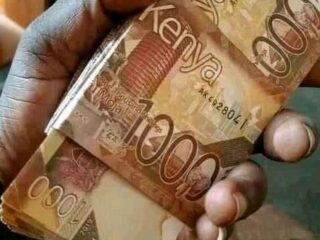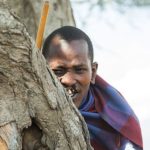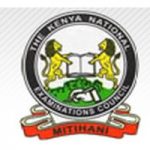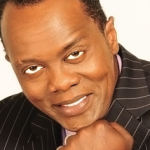Raila Odinga’s funeral will expose many Luo funeral and cultural rites conducted according to the Luo culture. To the woke ones and non-Luos, this is the perfect time to be observant to learn some of the Luo funeral and cultural rites.
1. When Oburu Odinga summoned his relatives and village elders at home to break the sad news of the passing of Raila Odinga, he was doing what is called “Tero ywak.” This is the official announcement of the passing on of a family member and it is done by either the eldest member or the one who was nursing the dead on the sick bed.
2. What Winnie Odinga did when she handed over her father’s hat to the mum is called “Tero Osimbo mar juogi.” It is when the last-born daughter returns the dad’s favourite or trademark item to the mum after his demise. The last-born daughters were bestowed the duty to take care of the dad while the last-born son was to the mum. The return means h/she did the best to take care of the mum/dad, but fate had its way so it signifies taking back the responsibility.
3. The night vigil that the Kisumu people did last night at Kondele and across the city is called “Arita.” It is normally done on the eve when the body of an elder or a prominent person is expected to be brought home. The villagers, friends and relatives do keep vigil awaiting their kin to reach the homestead by keeping the deceased company. Funerals are community responsibilities.
4. Disco Matanga. Tonight, at Bondo, Opoda Farm, villagers and visitors will be treated to a party-like occasion of dancing. This is a celebration of the dead and is also a way of keeping the dead company before interment. It’s a last respect kind of occasion.
5. Timo neno. This is the eulogy moment before burial. It’s a very important part of funerals. Aunties and uncles and respectable members of the extended family are given the chance to speak/eulogize the dead. This is where family secrets are spilled and families air their dirty linens in public. Attendees normally look forward to this moment.
6. Shaving the hair of the immediate family members. Nowadays, it is done sublimely by just shaving part of the hair. Previously, all immediate family members of the deceased elder would be shaved to signify fresh start and to honor the dead.
7. Tero Buru. This is done some days after the burial. It is conducted to honor the deceased and dispel evil spirits. Normally done when an elder or a prominent member of society/community dies. Energetic youths shepherd bulls chanting war songs and the bulls will jump kicking dust in the homestead. The bulls would then be directed to the nearest water body like river or lake where it is believed the evil spirits would be discarded.
In-between the ceremonies, feasting is a must. We celebrate the dead. Communal drinking of local liquor by the elders and relatives is also a common occurrence.
NB: I might have missed some important rites or occasions, but these are some of the most important. The digging of the grave is done a night before. After the clergy have finished breaking ground, chang’aa must be provided to the diggers to start the task.













